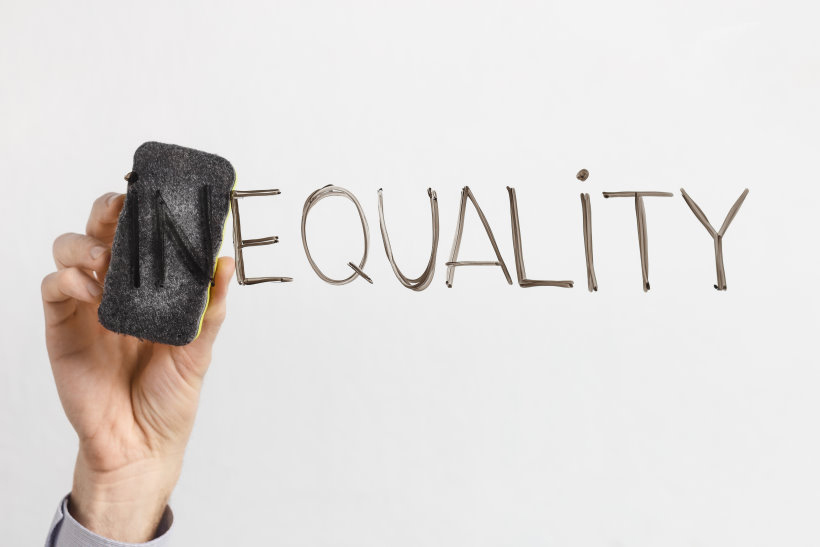Employment Law -What Are Viable Cases of Discrimination?
December 20, 2022 | Labor & Employment Law
Every employee has a right to work in an environment free of discrimination and harassment. However, thousands of workers across the country face discrimination and hostility in the workplace. All forms of discrimination or harassment in the work place are illegal. It is therefore important for employees to be aware of types of discrimination and what they can do when they are victims of discrimination.
What is Workplace Discrimination?
Discrimination in the workplace involves employers committing negative actions towards employees based on the employee’s characteristics of status in life. Title VII of the Civil Rights Act 1964 prohibits workplace discrimination based on color, race, religion, sex or nationality. Every state has its own additional laws that protect different classes of society including pregnancy status, citizenship status and HIV/AIDS status.
It is important for employees to be aware of different types of discrimination and what their rights are regarding these situations.
Types of Workplace Discrimination
- Race
This is discrimination that is based on the person’s ethnicity, skin color, race or national origin. Racial discrimination may occur in different ways. For example:
- The employer may use racial slurs
- The employer may display racially offensive symbols in the workplace
- The employer may withhold opportunities or rewards because of the ethnicity of the person
- the employer may make derogatory comments about the person’s color or race
Workplace discrimination laws prohibit any behavior or actions that create a hostile work environment or that constitutes negative employment actions such as demotion or termination based on race. For example, a no-bear policy can be considered discriminatory against African-American men who have a predisposition for skin conditions that cause severe shaving bumps.
- Age
This form of discrimination involves treating an employee or job application differently because of their age. This often occurs to applicants that are above the age of 40. It is illegal to discriminate against an employee because of their age under the Age Discrimination in Employment Act. While federal law does not provide for protections for employees under the age of 40. Several states however, do have laws that protect employees from age discrimination.
Like discrimination for race, age discrimination can take various forms.
- Sex
This form of discrimination involves treating employees of job applicants differently because of their gender. Discrimination against a person based on the biological sex as well as their sexual orientation is considered illegal.
Sex discrimination can take various forms including:
- Unwelcome sexual advances or sexual suggestions
- Physical harassment
- Requests of sexual favors
- Verbal or electronic harassment
Sex discrimination can also have nothing to do with sexual behavior. It may also involve making derogatory or offensive comments about another person about their gender or sexual orientation. Sex discrimination can occur between people of opposite or the same gender.
- Disability
This form of discrimination involves treating an employee or applicant differently based on a disability they may have. This is considered illegal under the Americans with Disabilities Act. Employees may be discriminated against as a result of visual, hearing, mobility and psychological disabilities. Employers may not provide these people with equal opportunities or equal pay. The work environment may be threatening to the person with a disability.
It is a requirement of the law that employers should not ask employees or applicants to answer questions about their disabilities when considering them for employment or other opportunities. Employers or also required by law to provide reasonable accommodations in the workplace for those with disabilities. For example they should ensure that the workplace is accessible for wheelchair users.
- Religion
This form of discrimination involves treating a person differently because of their religious and moral beliefs or practices. Religious discrimination can take various forms including:
- Making offensive remarks about a person’s religion
- Segregating a person based on their religion
- Withholding opportunities from a person because of their religious beliefs
The law requires employers to provide reasonable accommodations to people for their religious beliefs. Employers are only exempted from this if doing so will result in significant disruption to their business. Employers must for example:
- Provide flexible scheduling
- Accommodate job reassignments
- Allow for voluntary shift swaps or substitutions
- Make modifications to the workplace practice or policies to accommodate
Discrimination in the workplace isn’t always obvious. It can be indirect. This occurs when policies, practices and rules of a company that seem neutral and even reasonable have a disproportionate negative impact on a particular group of people. For example, if the company’s dress code is to not wear anything covering the face, it may be discriminatory to those whose religious beliefs include wearing face coverings.
If you are the victim of discrimination in the workplace contact our law firm to consult with an experienced attorney. We will review your case and determine what steps to take next.

Job Discrimination

